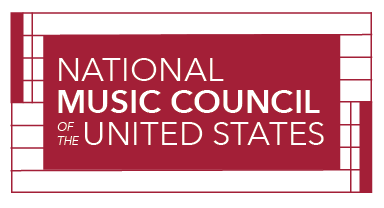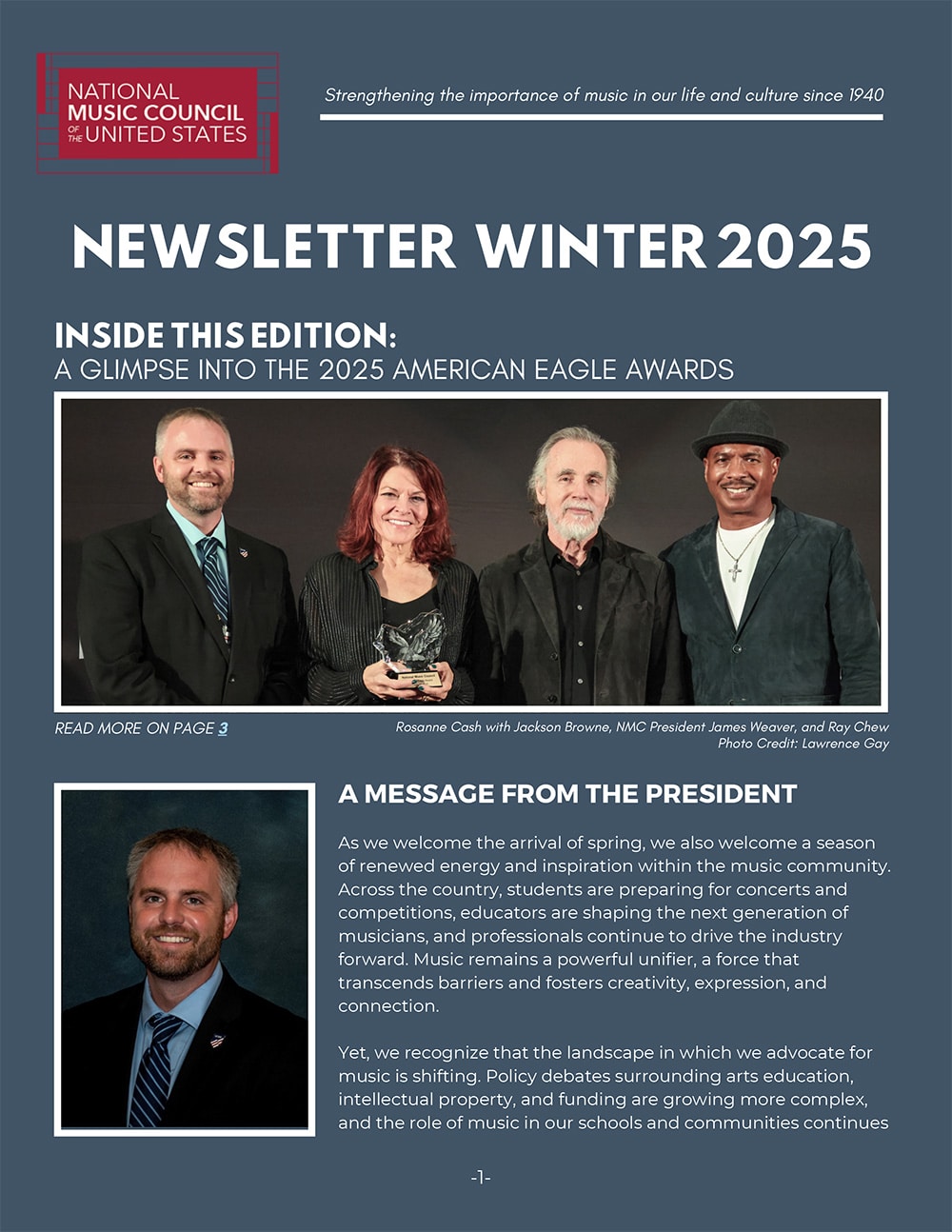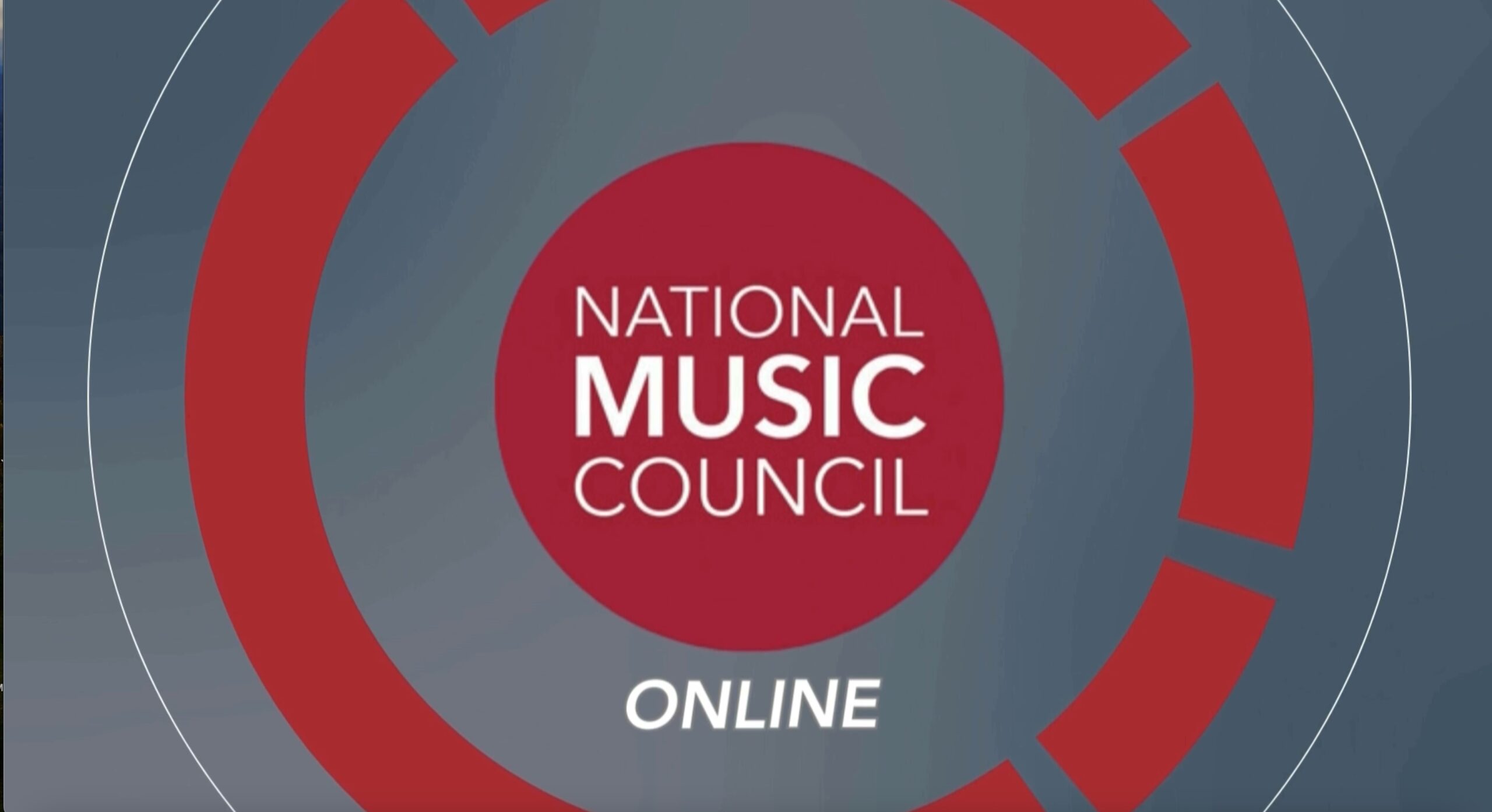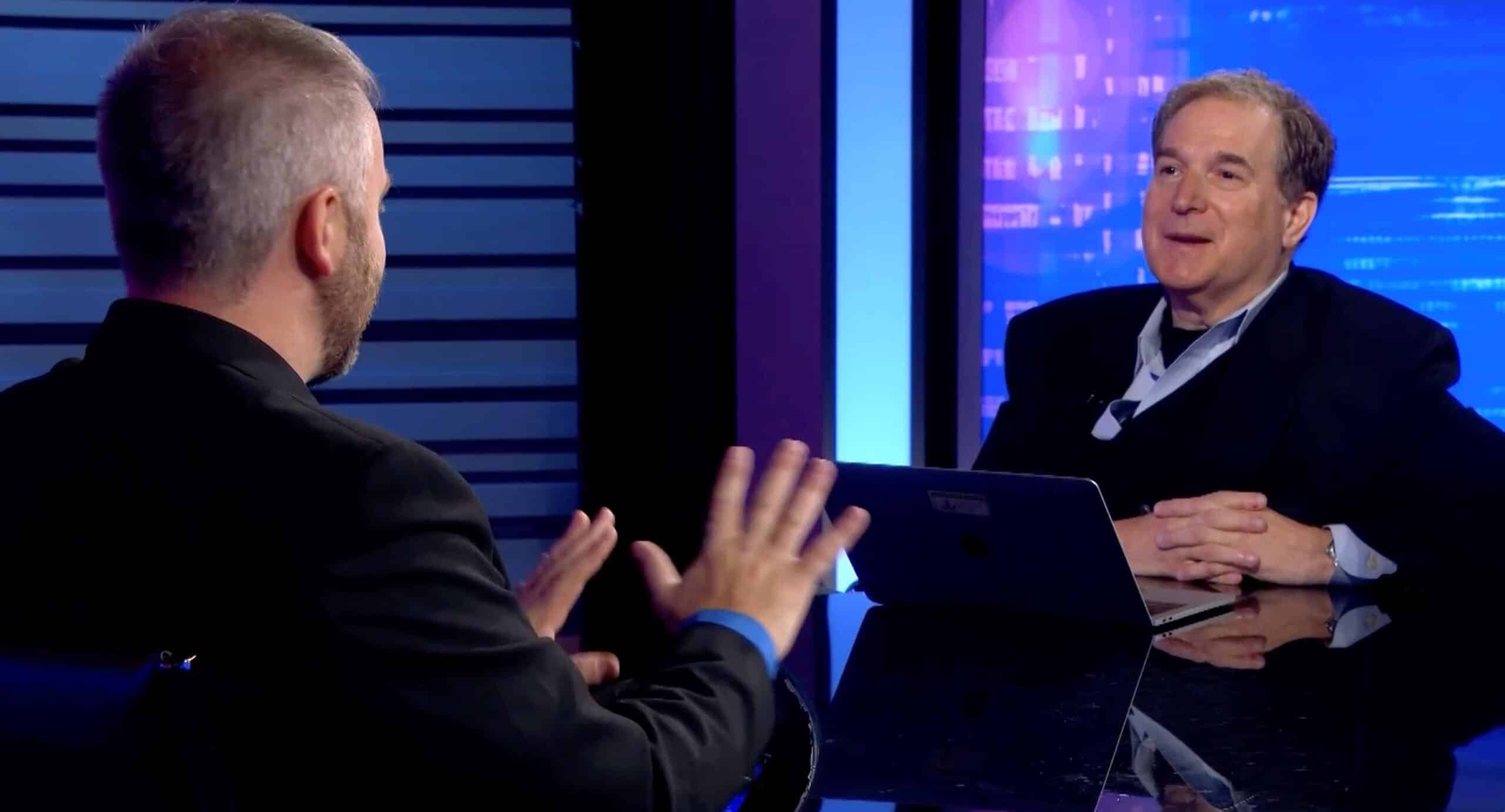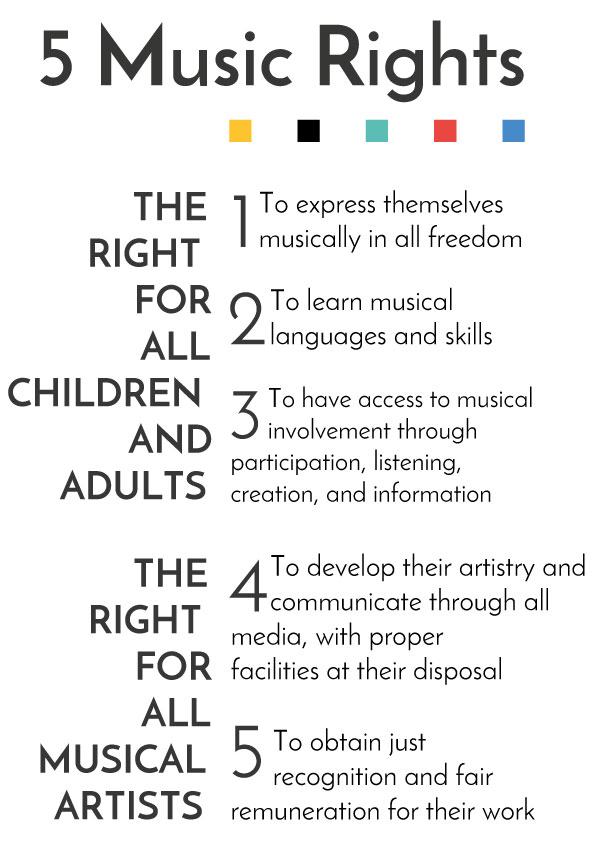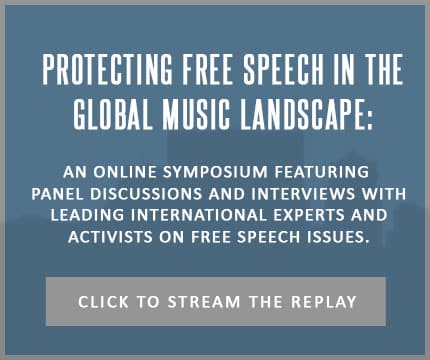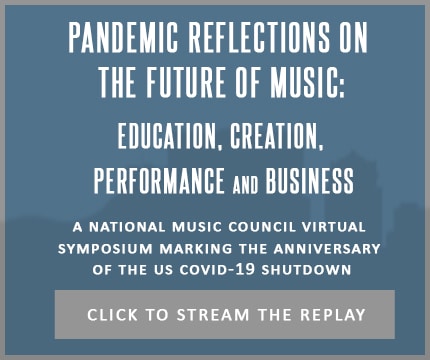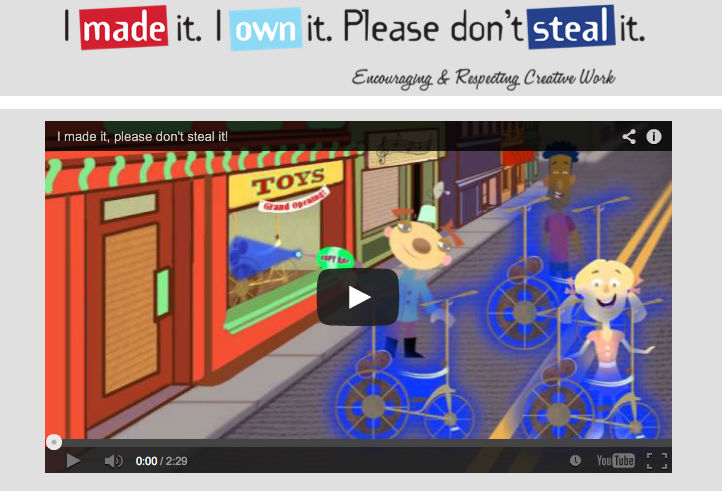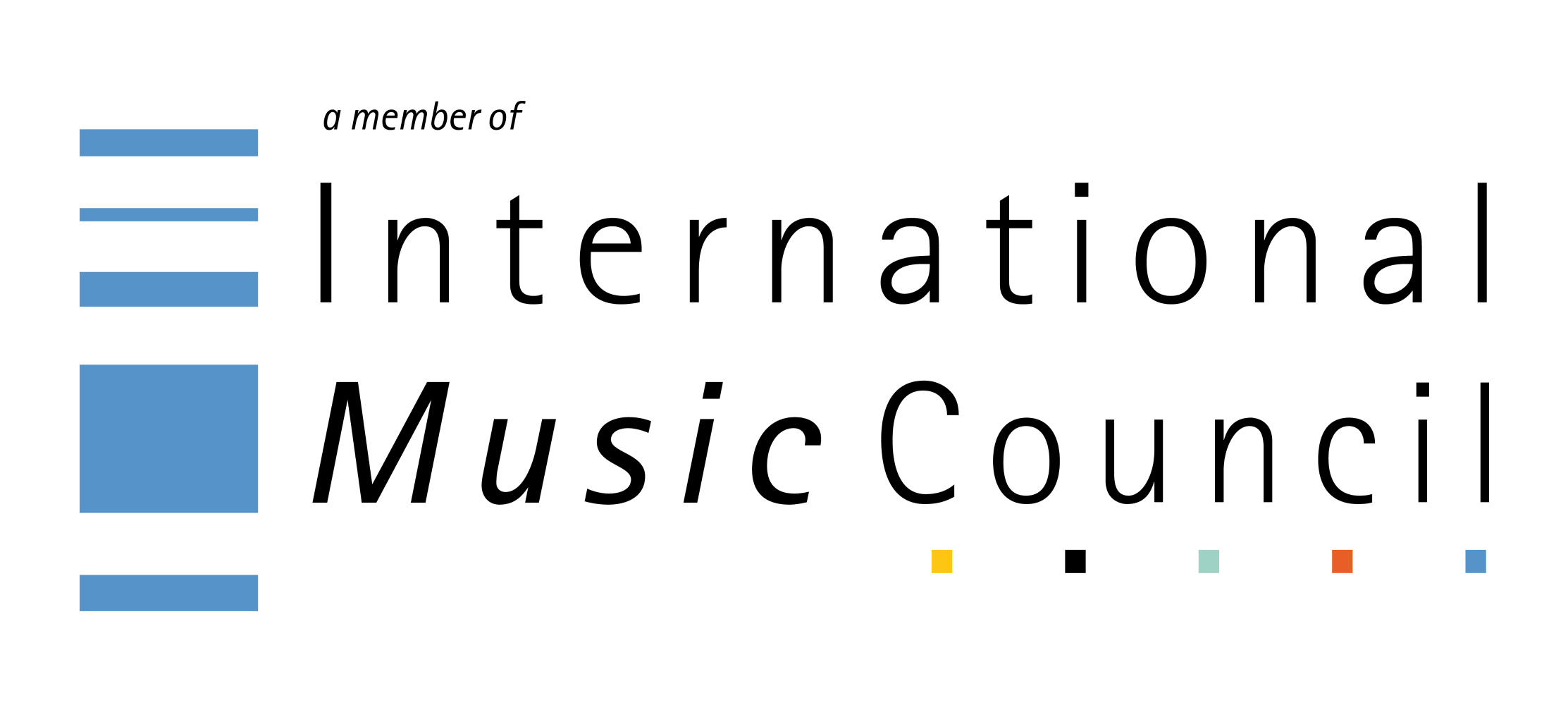NMC Briefing Paper Uniquely Traces the History of Global Music Repression

As an important feature of the landmark, NMC/IMC joint Symposium on Protecting Free Speech in Music scheduled to premiere on March 3rd in conjunction with international Music Freedom Day, a briefing paper tracing the history of global music repression will be made available to the public for the very first time. The compendium, prepared by NMC Chair Charles J. Sanders and containing dozens of links to musical sources, will serve to provide music community members with the opportunity to incorporate the lessons of the past into their ideas for forging a less dangerous future for songwriters, composers, recording artists and performers.
“We’ve all seen the current headlines from around the world,” the document begins. “Musicians and composers attacked as rabble-rousers and enemies of the state. Singers arrested, their performances banned as dangerous, un-patriotic or sacrilegious. Most recently, we’ve even seen lethal attacks committed against music creators for refusing to perform, or simply for attempting to entertain, not even to proselytize or lampoon. On this subject, the mission of the global music community is clear. We must quickly and effectively formulate ways to help curb this despicable trend.”
According to the report’s author, however, it’s also incumbent on us to recognize that such dangers have plagued humankind’s composers and troubadours for centuries. “Finding sustainable solutions to this newest spike in violence and repression will require our community to evaluate approaches to these threats with a careful eye on history.” Past events addressed in the paper include the banning of musical works and coercive or physical attacks on creators during the US Civil War, the Native American Genocide, the Great Depression and World Wars I and II, other murderous actions in fascist Spain, Nazi Germany, and Imperial Japan, brutal suppression in Soviet Russia and during the Chinese Cultural Revolution, outrageous acts of violence under the Pinochet Regime, the Khmer Rouge, and in Apartheid South Africa, and up to and including current, tragic events in Ukraine and Afghanistan.
“The historical pattern of musical repression is actually a simple one to understand. Music’s dual, facile ability to serve as both a powerful tool of propaganda and as an existential threat to power structures and political leaders has made it a prime focus of nervous governmental concern over the entire span of history. As a result, when it comes to music, whether we’re dealing with instances of governmental coercion, repression, violence or all three in combination, whatever we are seeing now the world has seen before. That fact itself creates an opportunity for more expeditiously finding the best way forward.”
The paper concludes with the assertion, “that crucial process is our responsibility to undertake” and it begins with the aphorism past is prologue. Stated another way, as the great novelist William Faulkner once sagely observed, the past is not dead. It is not even past.”
